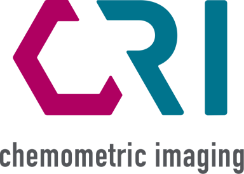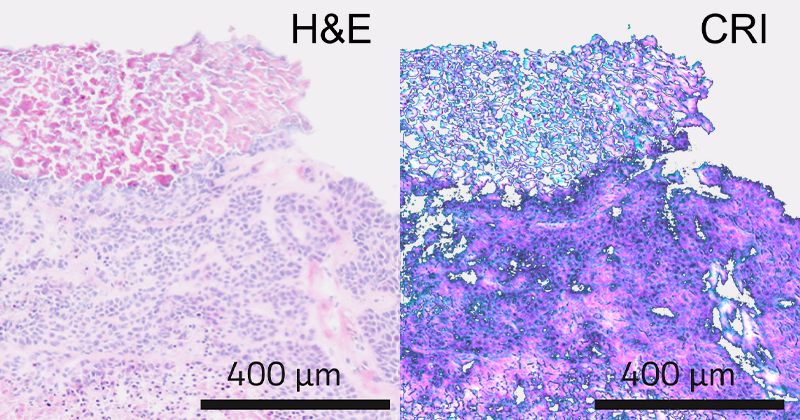The project
The MINDSET project – MicroscopIa RamaN Coerente per istopatologia e DiagnoSi dEi Tumori (in English: Coherent Raman Microscopy for histopathology and tumour diagnosis) aims to radically transform the process of cancer diagnosis revolutionizing the emerging field of digital histopathology, introducing a new technology for tissue analysis, able to measure the molecular composition of patient tissue samples, recognize and classify tumors without any need for sample preparation and staining. The device, based on the physical process of coherent Raman scattering, integrated with artificial intelligence (AI), will offer histopathologists a reliable, fast and affordable clinical decision support system for personalized cancer diagnosis and therapy.
Technical details
MINDSET has been co-financed from the POR FESR 2014-2020 resources under the TECH FAST call of the Lombardy Region. CRI developed a broadband coherent Raman microscope (CRM) prototype, which integrates an AI module based on statistics and machine learning. This device has the potential of automatically analyzing unstained tissues, giving rapid and accurate tumor identification and prediction of final tumor diagnosis, thus providing histopathologists a supporting diagnostic report, compatible with existing clinical protocols, based on objective biomolecular data, speeding up the time needed to report the diagnosis.
The impact
The development of a technology that allows an objective assessment of the presence of tumors and provides information based on biomolecular data for the classification and staging of pathology will allow to drastically reduce the impact of cancer on people’s lives. In particular, the reduction in diagnosis time achieved through automatic selection of clear negatives via AI will allow histopathologists to focus on the most sensitive cases and significantly reduce the workload. This will impact the possibility of greatly extending preventive screening in the population, anticipating early diagnosis of cancer and significantly improving treatment effectiveness and patient prognosis.

